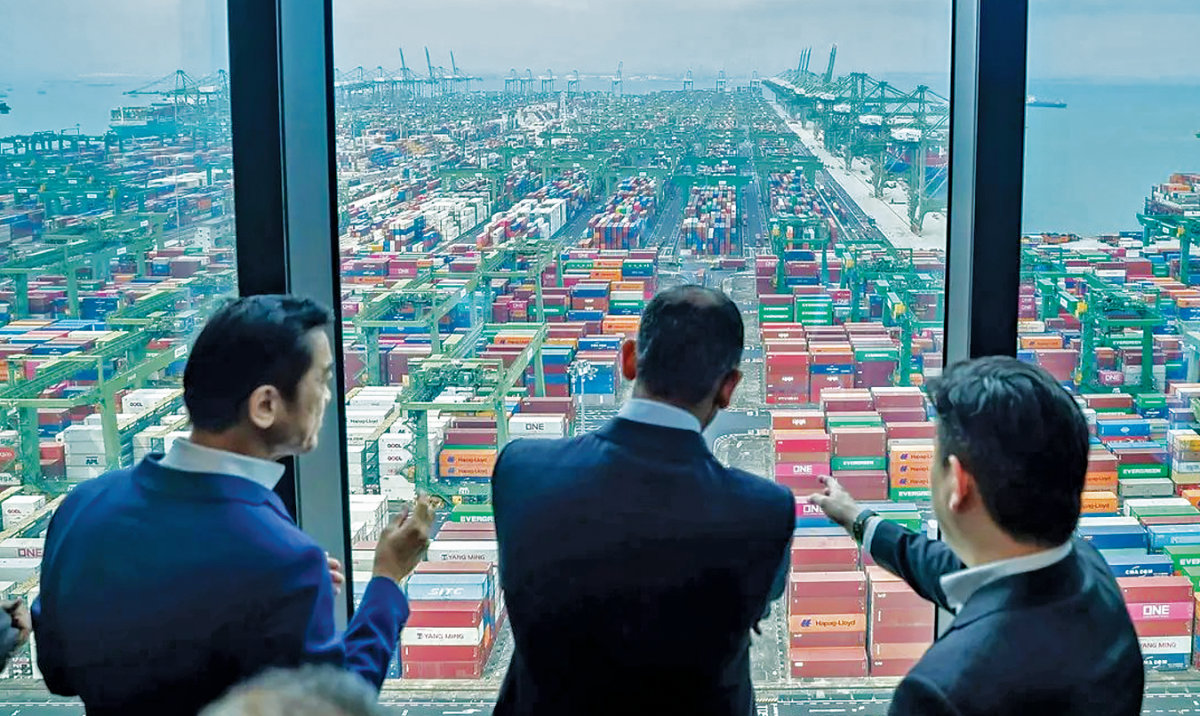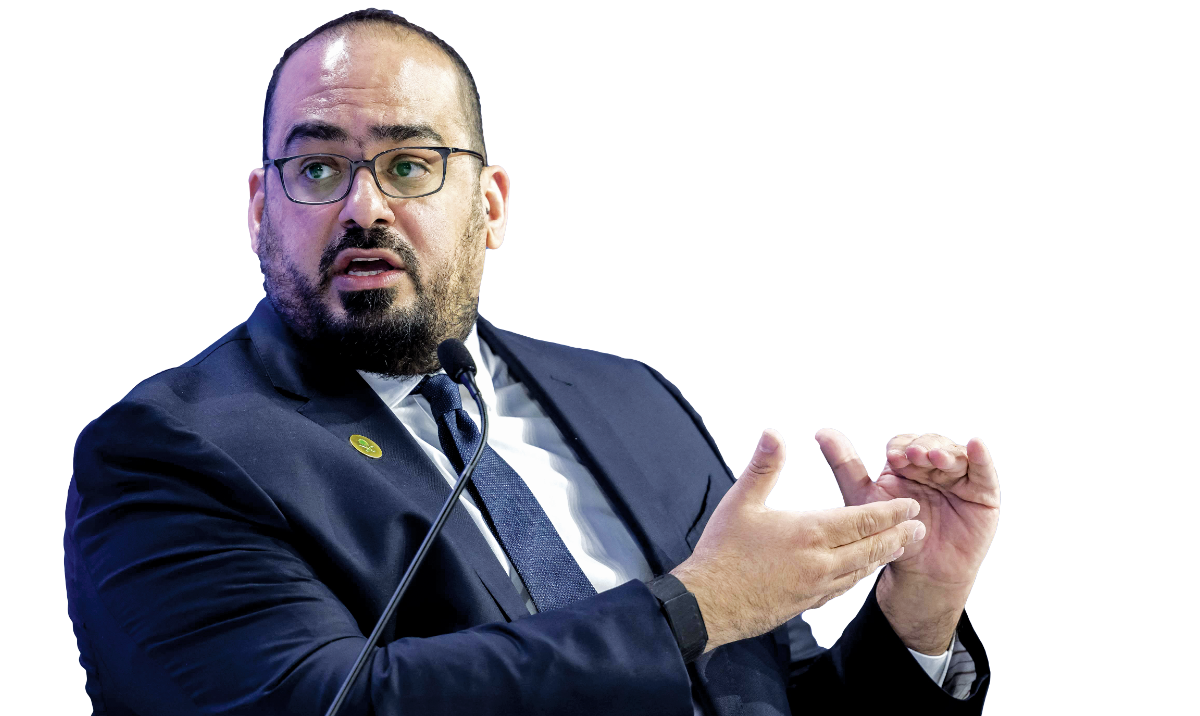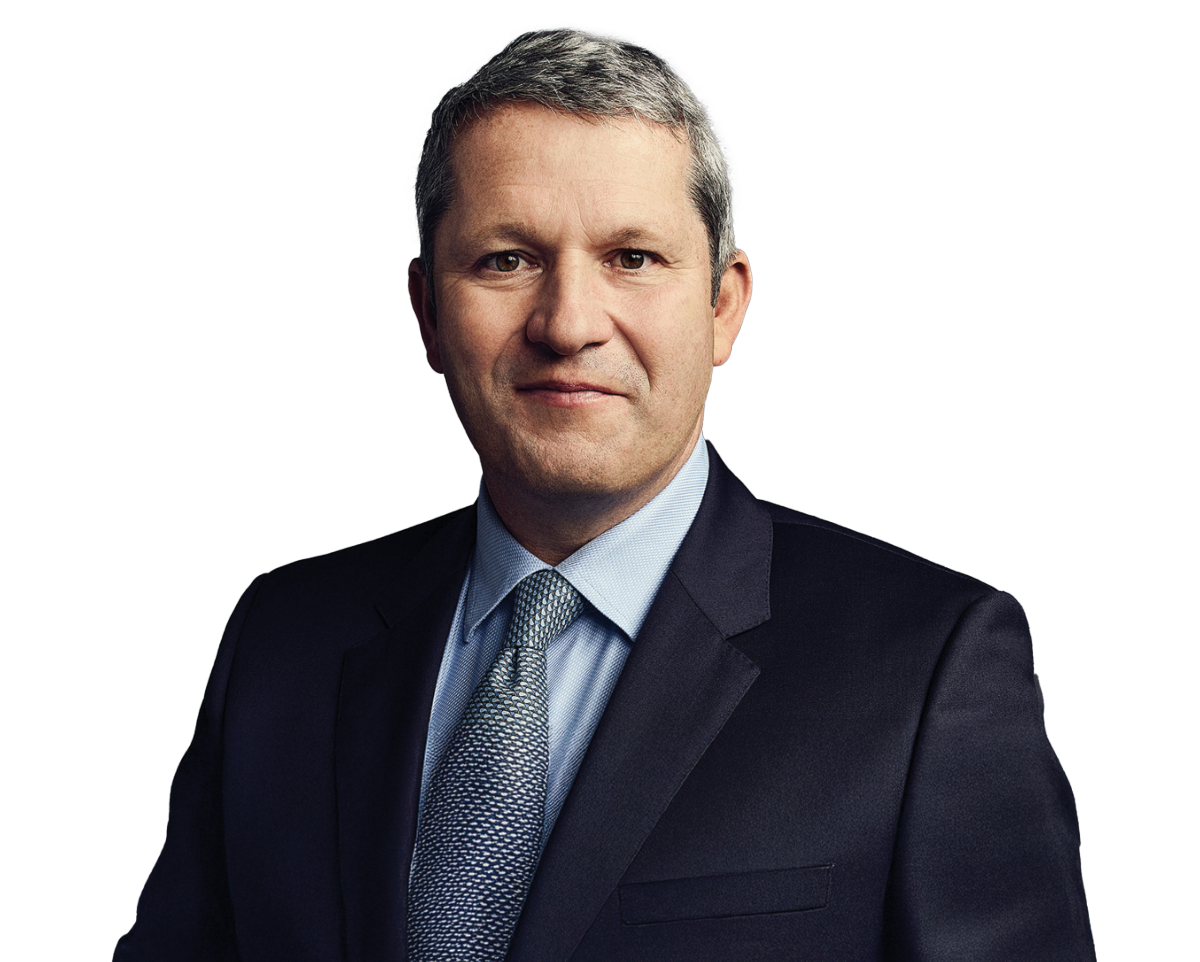RIYADH: Saudi Arabia’s startup ecosystem has seen notable activity across multiple industries with local firms securing sizable funding rounds and venture capitals announcing dedicated funds.
Domestic property technology firm Rize secured a $35 million series A investment funding round led by Raed Ventures, with participation from Nama Ventures, Hala Ventures, JOA Capital, Aqar Platform, and SEEDRA Ventures.
“This investment represents a major turning point in our journey and reflects the investors’ confidence in our vision to develop the leasing sector,” said Ibrahim Balilah, CEO of Rize.
Founded in 2021 by Balilah and Mohammed Al-Fraihi, Rize offers an innovative solution to eliminate bulky, one-time rental payments in Saudi Arabia.
Adopting a rent now, pay later model, Rize offers tenants to pay their rent in flexible monthly installments as opposed to the nation’s standard of one-time payments on a year’s rent.
This converts a single full payment to 12 monthly installments for tenants, while property owners get the full annual rent upfront.
Speaking to Arab News in March, Balilah explained that this model has garnered significant interest with the company getting around SR330 million ($88 million) in requests at the time.
Such an innovative solution requires large capital sums, meaning the company aims to utilize the series A round to accelerate its growth in Riyadh, as well as Jeddah and Dammam.
“We have worked hard to develop our internal technologies to enable the automation process and make the rental experience smoother. This investment round is a significant step to enhance our technologies and accelerate the company’s growth,” said Al-Fraihi, chief technology officer at Rize.
Omar Al-Majdouie, co-founder at Raed Ventures, stated: “We believe in Rize’s ability to bring about a transformative change in the real estate leasing sector, not only by offering innovative services but also by enabling digital transformation in this important field.”
Mohammed Alzubi, founder and managing partner of Nama Ventures said: “Since our investment in Rize’s seed round, we were confident that it had the potential to be a leader in providing rent now, pay later solutions in the Kingdom. We are proud of the remarkable achievements Rize has made so far, and are excited to continue supporting them in this new round.”
Agritech Arable closes $2.55m in seed round
Saudi Arabia’s agriculture technology sector also saw a notable funding round with Arable, closing $2.55 million in a seed investment.
Founded last year by Lawrence Ong and Christina Khalife, Arable aims to boost sustainable farming in the Kingdom’s harsh climate by designing and operating hydroponic farming systems. These systems are ideal for dry landscapes, which occupy most of the Middle East region, as they can produce yields while saving up to 90 percent water.
“Saudi Arabia offers an unparalleled ecosystem for startups like Arable to thrive. Thanks to the support of organizations such as the Ministry of Environment, Water, and Agriculture, the Ministry of Investment, the National Technology Development Program, and the General Authority of SMEs, we’ve been able to scale rapidly and bring innovation directly into the Kingdom,” said Ong, CEO of Arable. The funding round attracted both institutional and private investors, with 90 percent of the capital coming from foreign investors. The funds will be allocated within Saudi Arabia to help advance the country’s agricultural sector, the company stated in a press release.
The company also claimed that 80 percent of the components needed to create its systems can be sourced or manufactured locally.
Saudi Arabia’s Willow closes pre-seed round
Digital transformation is taking shape in all corners of the Kingdom with Willow, a startup that offers laundry booking services through its app, closing a pre-seed investment round for an undisclosed amount.
Founded in 2024 by Mohammed Al-Marri and Wijdan Al-otaibi, the company is leveraging technology to create a digital, seamless laundry experience through pickups and deliveries. Willow will further utilize the funding to cement its digital infrastructure and expand its customer base.
SVC, Jada back US-based VC firm 500 Global’s new fund
US-based venture capital firm 500 Global launched its new Middle East and North Africa-focused fund with backing from Saudi Arabia’s top limited partners.
The fund saw support from Saudi Venture Capital Co., a subsidiary of the Small and Medium Enterprises Bank, which is part of the Kingdom’s National Development Fund, and Jada Funds of Fund, a Public Investment Fund company.
Labeled 500 MENA L.P, it will primarily invest in startups with proven product-market fit — a key milestone in any business journey that demonstrates a specific solution has found and satisfied a strong market demand.
MoneyHash secures $5.2m pre-series A
US-based Egyptian fintech MoneyHash has raised $5.2 million in pre-series A funding. The round was led by Flourish Ventures, with participation from Vision Ventures, Arab Bank’s Xelerate, Emurgo Kepple Ventures, Jason Gardner, and existing investors, including COTU, RZM Investment, and Github founder Tom Preston-Werner.
This follows a $4.5 million seed round in early 2024 co-led by COTU Ventures and Sukna Ventures.
Founded in 2020 by Nader Abdelrazik, Mustafa Eid, and Anisha Sekar, MoneyHash provides a payment orchestration and operating system to address technological challenges faced by enterprise merchants.
The newly raised funds will be used to accelerate its market penetration across the MEA region.
Talent 360 secures six-figure funding
Egypt-based human resources tech startup Talent 360 has closed a six-figure investment round led by Saudi Arabia’s C.STAR.
The funding will support the company’s expansion efforts in Saudi Arabia, which it entered in mid-2024.
Founded in 2017 by Heba Ayad and Mohamed Said, Talent 360 offers talent management, business training, and 360-degree organizational solutions tailored to business needs.
Eyouth and EDT&Partners launch $6m skills program
Egypt-based education tech Eyouth has partnered with Singapore-based education consultancy EDT&Partners to launch a $6 million program aimed at equipping 1 million youth in Africa and the Middle East with digital skills.
The initiative will focus on critical areas like AI, coding, and data analysis, as well as digital marketing, and modern pedagogies.
The program will combine Eyouth’s skills development platform with EDT’s AI-driven educational tools to provide training for youth aged 15 to 35 across the region.
This partnership represents a significant step toward addressing digital skill gaps in emerging markets.
Pluto raises $4.1 million pre-series A
UAE-based fintech Pluto has secured $4.1 million in a pre-series A funding round led by a mix of existing and new investors, including Rhino Ventures, Born Capital, Goanna Capital, Evolution VC, Freesearch VC, and Tiferes VC.
Founded in 2021 by Mohammed Ridwan, Mohammed Aziz, and Nayeem Zen, Pluto helps businesses streamline spending management through virtual and physical cards with customizable spend controls.
The funding will support Pluto’s expansion in Saudi Arabia and the Gulf Cooperation Council region, as well as solidify the growth of its newly launched product, Pluto Connect.
Pluto previously raised $6 million in a seed round in 2022, led by Global Founders Capital.
DataQueue secures undisclosed funding
The Netherlands and Palestine-based AI-training startup DataQueue has raised an undisclosed funding round from Ibtikar Fund and Flat6Labs Jordan Seed Fund.
Founded in 2021 by Bashir Alsaifi, DataQueue specializes in providing annotated and labeled data for AI model training.
The startup aims to position itself as a global AI partner for businesses by leveraging its expertise in data training and annotation.
This marks its second funding round after raising an undisclosed amount from the Ibtikar Fund in August 2023.
Sampo AI raises $750k
Oman-based Software-as-a-Service provider Sampo AI has closed a $750,000 pre-seed funding round co-led by Omantel Innovation Labs and Waad VC, with additional participation from Hexnture and a group of Saudi angel investors.
Founded in July by Saif Al-Essai and Khalifa Manaa, Sampo AI offers an advanced platform that helps e-commerce businesses optimize pricing strategies using data-driven insights, user behavior analysis, and A/B testing.
The funding will drive Sampo AI’s expansion plans in Saudi Arabia and the UAE.


































